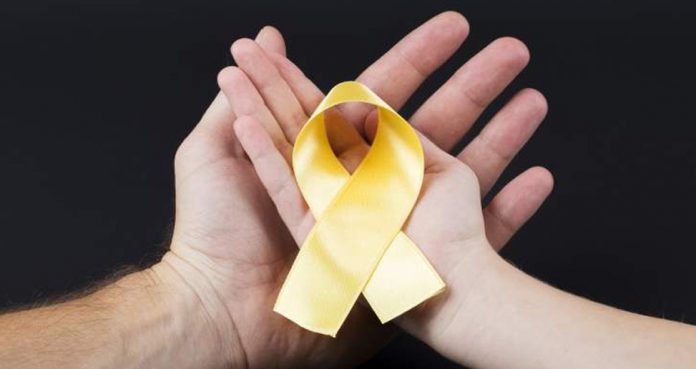In many countries, treating childhood cancer was not a top priority for years, especially in developing countries with scarce resources. Medical researchers and experts believed that childhood cancer does not impose a bigger burden and the number of children fighting the disease is lesser than other medical conditions in adults.
However, according to new research, childhood cancer imposes a larger burden on the community than all but a few diseases and has been found cutting more lives short. The research found that over 400,000 new cases of childhood cancer occur every year, worldwide. In fact, researchers believe that the new figures are an underestimation.
So, in order to seek better childhood cancer solution and improve outcomes for kids with cancer, U.S. News Journalists traveled to three continents to look for new strategies. According to a special report, the journalists traveled to Washington, Lebanon, China, Jordan, Rwanda, and Liberia.
The new research has also shown that the childhood cancer burden affects people from in low- or middle-income nations, where resources are scarce to diagnose and treat the condition.
The global childhood cancer burden among children from the poorest nations is greatly affected, accounting for over 82 percent of the burden. Nearly 97 percent of the global childhood cancer burden has been associated with premature death and poor quality of life.
“By assessing the global burden of childhood cancer through the lens of disability-adjusted life-years, we can more comprehensively understand the devastating impact of cancer on children globally,” said lead study author Dr. Lisa Force.
The United States, China, India, Indonesia, Nigeria, and Pakistan are known to have the largest childhood cancer burden.
The new research has been a wakeup call to improve the diagnosis and treatment of childhood cancer across all countries, especially developing countries, where awareness is inadequate and resources are scarce. To establish a global foundation and improve diagnosis and medical care for children with cancers, healthcare professionals, health journalists, government, organizations, and institutions have started working together.





















